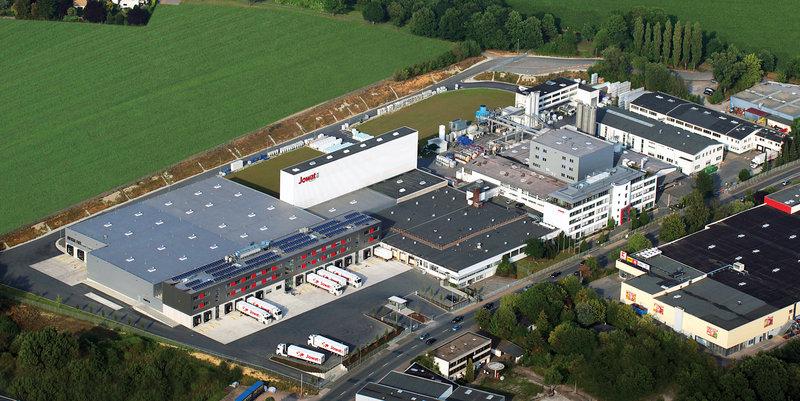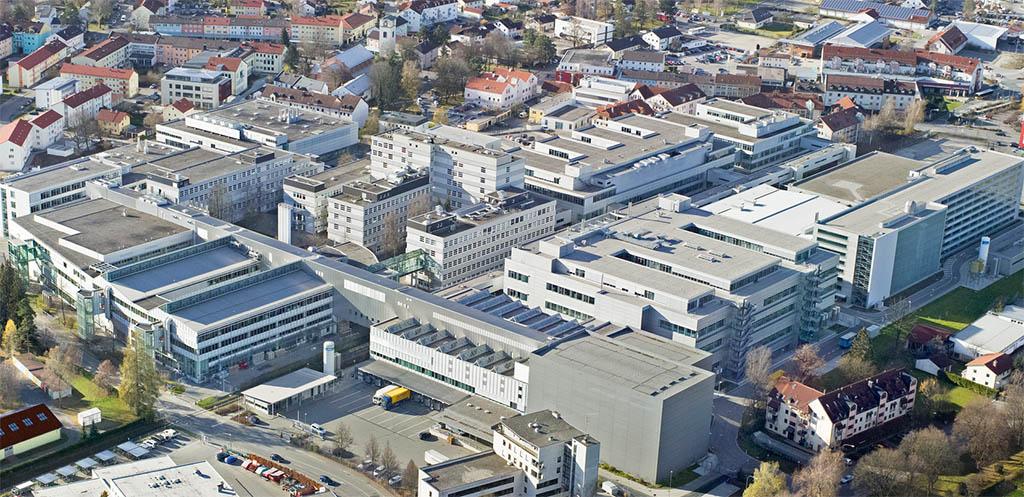Form a Corporation in Germany Introduction Germany is located in the central-western Europe region. The country has a federal parliamentary republic. Its name is officially the “Federal Republic of Germany”. It has a land area of 137,847 square miles (357,021 square kilometers). Germany’s population is estimated at 82 million making it the most populous member of the European Union EU). Germany has the 2nd most popular immigration destination in the world, after the United States. Germany’s capital and largest metropolis is Berlin.
Foreigners are attracted to Germany because it offers a sound economic market. Germany houses Europe’s largest economy and ranks fourth in the world overall in regards to economic status.
Germany’s big and varied economy includes a successful manufacturing sector, which contributes to its attractive status as an excellent jurisdiction for incorporation. An estimated four percent of worldwide foreign direct investment (FDI) comes from this region. In addition, Germany is known for having some of the best relationships possible with other nations, increasing its business potential for foreign investors.
However, a couple of concepts to remember about Germany before incorporation is the fact that some people find it difficult to conduct business in Germany, mainly because they do not comprehend the German tax structure and legal environment.
Germany’s Economy Germany has a strong economy which helps to attract numerous foreign investors to form offshore corporations.
One reason for Germany’s economic success is its status as the second most important exporting country in the world. Another advantage Germany offers is its highly trained and massive workforce.
The Benefits of Doing Business in Germany There are several benefits to incorporate in Germany. These benefits include the following:
• Superior Workforce: Germany’s workforce is both well-educated and highly trained offering perhaps one of the best markets on the globe with which to find employees.
• High Technology: Germany possesses high development standards as far as technology is concerned.
• Excellent Goods: Germany is well-known for creating high quality goods around the world. Items stamped with the “Made in Germany” reminder are seen throughout the globe as a sign of good quality.
• Foreign Companies: Germany houses around 45,000 foreign companies and boasts an employment rate greater than three million in the nation. These facts have made Germany one of the leading jurisdictions in the world participating in the foreign direct investment. Germany’s stable economy bases itself on its ability to bring foreign business investment into its jurisdiction. Germany’s reputation for its dedicated research and innovation greatly assists its ability to attract foreign investors.
• Infrastructure: Germany houses an incredible infrastructure, including both a well-developed financial plan alongside a strong consumer market that is interested in purchasing.
• Economy and Legal System: Germany’s legal system is extremely sound, and its economy is solid. Both of these concepts make Germany highly attractive to foreign investors.
How to Incorporate in Germany Germany’s Company Act regulates its corporations. Here are the necessary steps in order to incorporate in Germany:
Corporate Name First, verify a unique name for the corporation that will not be similar with any other German corporation which will be verified by the local chamber of industry and commerce.
Articles of Association
After verifying the corporation’s unique name, the Articles of Association will be prepared by a lawyer and all signatures notarized.
Open a Bank Account
After the Articles of Association are completed, a local bank must be opened where the minimum share capital or the start-up capital for the corporation will be deposited. Obtain proof of the deposit.
Corporate Structure
The corporation then needs to complete a document showing the planned management and board structure of the business.
Registration of the Corporation The German Commercial Register requires the delivery of the above-mentioned documents to begin the corporation registration process. These documents include a registration application, the notarized articles of association, the completed document showing the business’s management and board plan, and a deposit slip displaying proof of the share capital deposit. All of these items must be submitted electronically. The Commercial Register hosts a central electronic platform for new company registration.
Trading License Next, the corporation needs to obtain a trading license from the local Office of Business and Standards. Following this, the company needs to fill out a questionnaire in regards to its business practices, and register this information at the statistical office and with the chamber of industry and commerce as well as the labor office.
- Once the labor office receives this information, it will issue an eight-digit operating number, and this number needs to be sent to social security.
- After receiving the eight digits operating number, the entity needs to submit an application for federal health insurance.
- Once the health insurance application completes itself, the company or limited company is required to send a notification to the Tax Office about the existence of this new business. To finish the tax reporting process, the company or limited company also needs to complete registration for corporate taxes and VAT.
- Once the company or limited company completes these steps and becomes registered in Germany, the business can start its commercial process. Most company start-ups taking place in Germany naturally need employees. One benefit to incorporating in Germany is the fact there is a well-trained workforce from which to pick from, as well as job websites and recruitment agencies that can assist any business with finding talented employees. Businesses incorporating in Germany have plenty of opportunities to find the best employees to fill their positions.
Conclusion
Germany offers its corporations the following benefits: high technology, a superior workforce, excellent quality goods, solid infrastructure, sound economy and legal system; which are why over 45,000 foreign companies operate in Germany.






